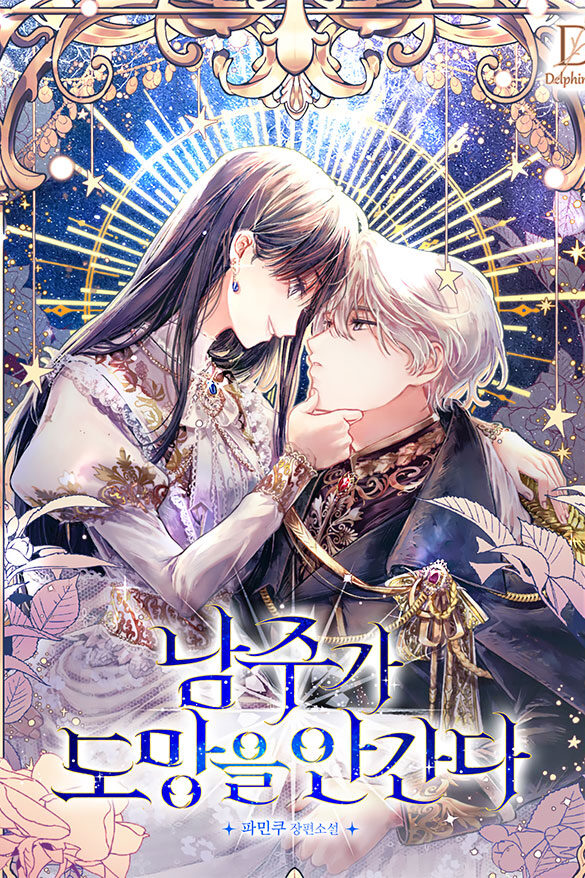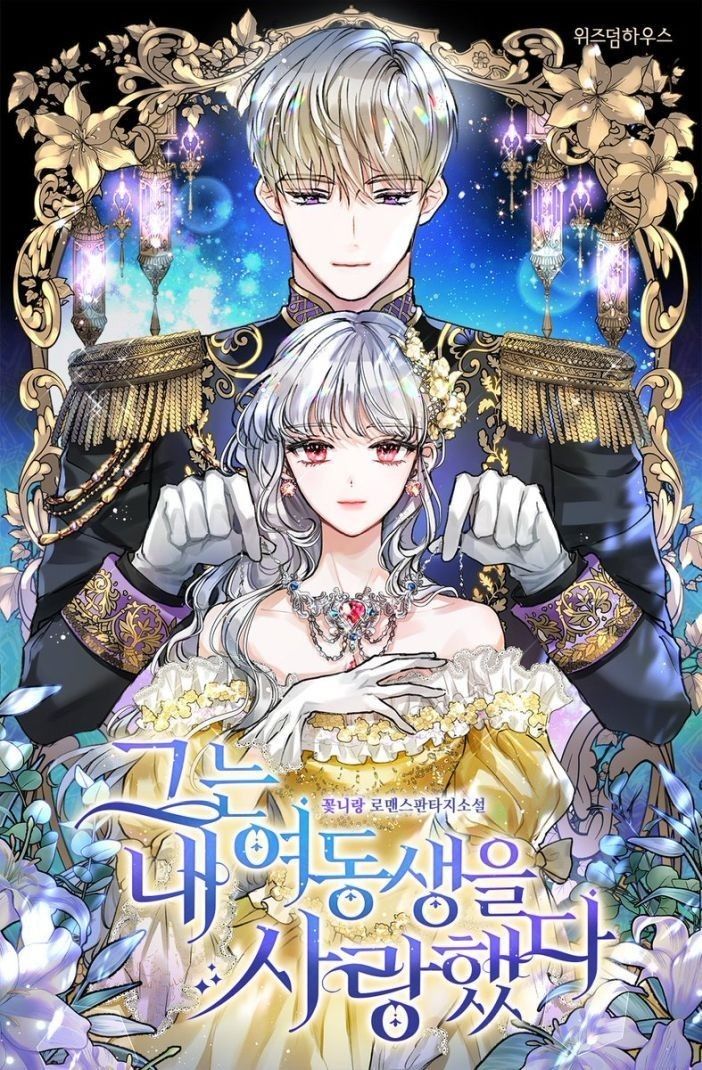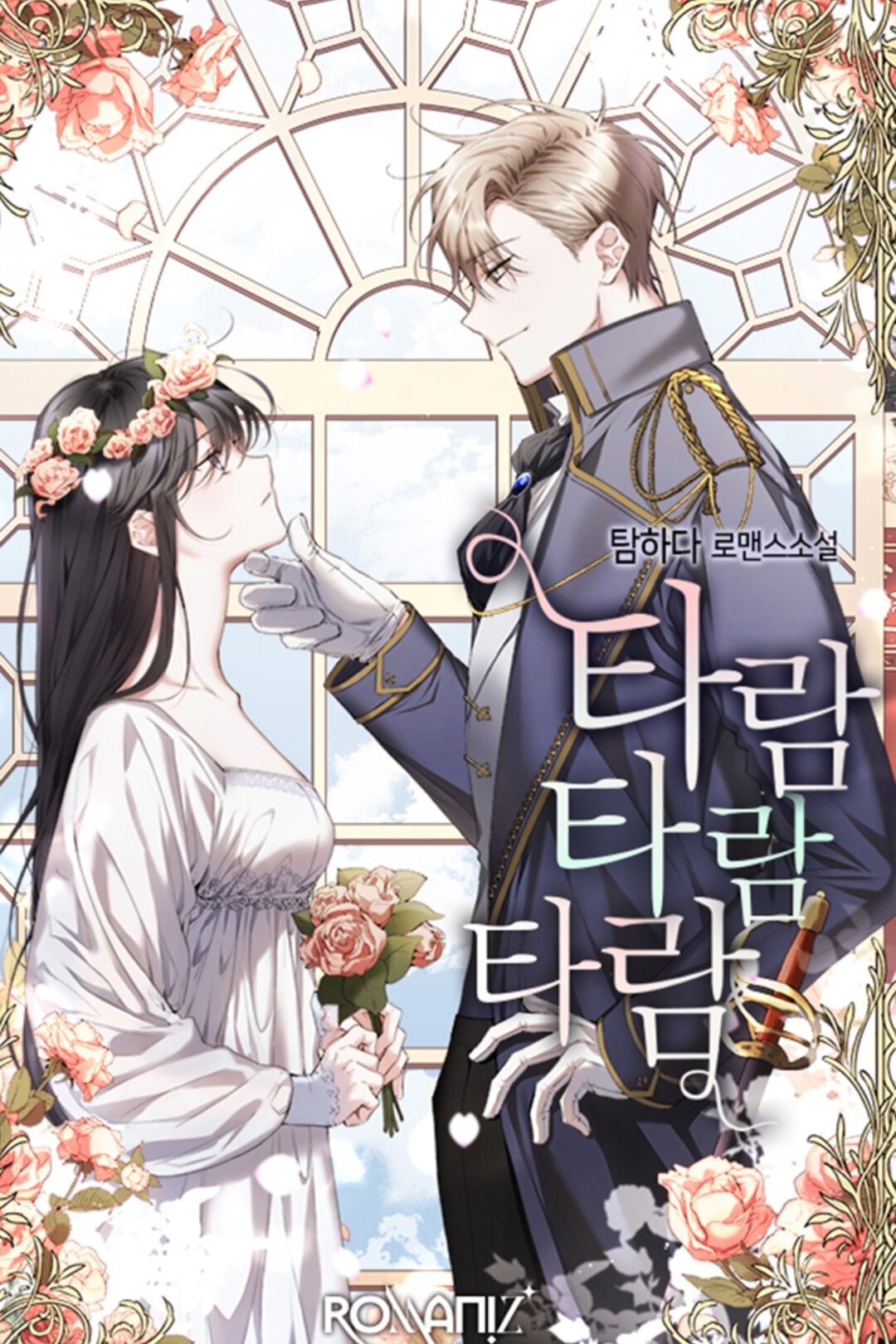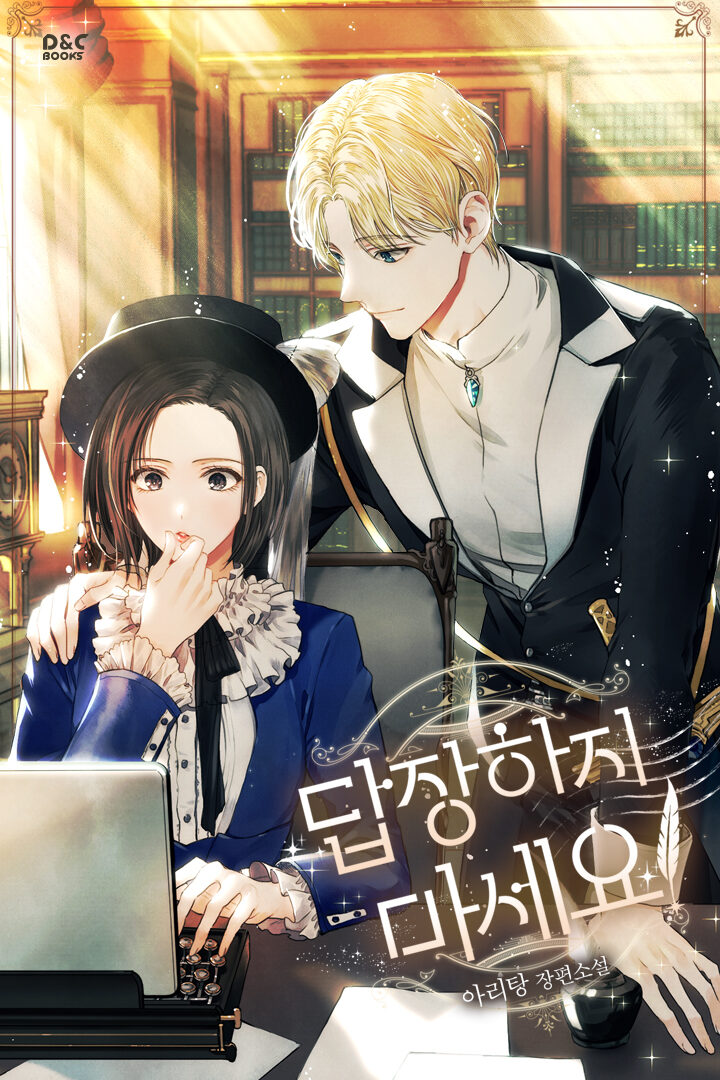Chapter 2
“Ah…”
A soft murmur escaped Calliope’s lips before she could stop it. A sudden gust of cold wind slipped through the broken shutters and stung her cheek. She breathed in the icy air and instinctively clutched the old blanket tighter, fingers gripping it hard enough to tear it. It felt like waking from a long dream—the fog in her head pierced by a sharp, cutting awareness.
This was the house where she had lived as a child.
Is this a dream? She let go of the filthy blanket and looked down at her hands. They were thin, dry. Disbelieving, she opened and closed her fists. Every movement, every sensation in her skin, felt far too real to dismiss.
Which part was the dream? As she tried to make sense of her thoughts, she heard a cough beside her.
She froze.
The moment she heard that cough, the haze of confusion lifted instantly.
Turning her head, she saw her mother lying on the makeshift straw bed. Her brittle platinum hair fell around her sunken cheeks, her skin pale and sickly. As the cold wind brushed past, her mother’s hair fluttered, and she coughed again in her sleep.
Calliope recognized this scene.
Her mother, weak and half-conscious, would soon—
“Khff, kuh…”
—and then came the blood.
The dirty blanket was quickly stained by the blood she coughed up. Calliope already knew her mother wouldn’t get up again. Her body, frozen in shock, began to tremble. She hadn’t shivered from the cold—but now, she couldn’t stop shaking. With frail, bony hands, she grabbed her hair and pulled at it in panic. What’s going on? What is this?
The confusion she hadn’t felt earlier hit her all at once, as if her mother’s cough had shaken her awake.
Frantically, she pulled at her hair until clumps came out in her hands. When she looked down and saw the strands that had fallen—from her shoulders to her knees—her eyes widened.
They were white.
The same aged color her hair had turned from waiting for Isaac—the man who betrayed her and never returned.
Then, it finally hit her.
She had returned to the past.
There was no need to guess when. She knew exactly what day it was. This was the winter morning she had spent with her mother—exactly one year before she entered the marquess’s estate.
She was twelve years old.
A small, bitter laugh escaped her lips.
Calliope turned her tired gaze toward her mother, whose chin and chest were soaked in blood. She reached out and gently wiped the stains away with her own dirty sleeve, just as she remembered.
She didn’t understand how or why, but one thing was clear:
She had gone back—to the morning her mother died.
After a brief moment of shock and silent acceptance, Calliope stood up. She went to the small iron stove and stirred the ashes, finding a few remaining embers. She added some dry twigs and kindling. As the fire revived, she poured half of the remaining water into the brass pot—the only one in the house—and set it over the flames. The rest she poured into a dented washbasin and placed it beside the bed.
Once the water began to boil, she mixed it with the cold water in the basin. She pulled over the old chair they had found by the roadside and soaked the cleanest rag they had. With slow, careful hands, she wiped the sweat and blood from her mother’s face.
Calliope’s mother, Ithiel, had once been the eldest daughter of Baron Hubert. After being divorced by Calliope’s father, Marquess Anastas, she had been cast out from her noble family.
Though the daughter of a weak and greedy baron, Ithiel had fallen in love with Illan Anastas and married him. Naturally, the elders of the marquess’s household looked down on her, constantly criticizing and tormenting her. She believed it would get better once she had a child.
She endured.
When news of her pregnancy spread, the abuse stopped. It wasn’t because they accepted her—it was because the child in her womb carried the Anastas bloodline. That child was Calliope.
But when they found out the baby was a girl, the mistreatment returned—worse than before. Once she had recovered enough to walk, Ithiel received divorce papers from the marquess. She was sent back to her family, who greeted her with even colder hearts.
Now unable to rely on the Anastas family’s support, Baron Hubert saw his divorced daughter as a shame. He took her alimony and sent her off to live in a shabby little house on the outskirts of the estate.
Even after being cast out, Ithiel did not despair. She did whatever work she could to raise Calliope. But what could a noblewoman—who had never worked a day in her life—possibly do? The more she tried, the more her body broke down.
She had always been fragile. Her body carried many illnesses. But until that day, Calliope had never seen her cough up blood.
Back then, young Calliope had managed to calm herself, pulling on thin, ragged clothes before running out to find Madam Solita—the kind woman from next door who often helped them.
By the time they returned, her mother had already coughed up blood again. And only when another adult was present did Calliope finally let herself cry.
Solita, startled by Ithiel’s condition, immediately began to boil water and care for her. But nothing helped.
Both their families were poor. That winter was especially harsh, and there were no jobs to be found. Money ran out quickly. Most days, they were lucky to have even one meal.
Calliope had cried in silence beside Solita for what felt like hours. But now, she wiped her tears away with the back of her hand, stood up, and made a choice.
“Madam Solita, please take care of my mother,” she whispered. “I’m going to the baron’s estate.”
Ithiel had never hidden the truth—about who Calliope’s father was, or about the kind of people her family and in-laws were. So, when Calliope left the house that morning, it was out of desperation, clinging to the smallest shred of hope, to beg the Baron Hubert family for help.
The baron’s land was small, but their house was tucked away so far that it took nearly half a day for a child to walk there. Calliope, with thin legs weakened by hunger, walked without resting until she reached the manor. But when she arrived, the guards wouldn’t let her in. They wouldn’t even send word inside.
Still, she couldn’t give up.
The small girl knelt in front of the main gate, tears falling without pause, and refused to leave until someone came out to speak with her.
Even as the evening turned into night, no one came.
Her hands, feet, and cheeks froze. Her entire body trembled from the cold. But she didn’t leave.
At last, when morning came, the steward of the baron’s household appeared.
“Your mother is no longer part of the family. We cannot help you. Go home.”
Those cold words hurt more than her frostbitten hands and blistered feet. Calliope grabbed his trousers and begged.
“Please… just once. Please, even just enough for medicine. My mother is really sick. Please help us.”
Tears streamed down her numb cheeks. She pleaded, but in the end, the guards dragged her away and threw her far from the gate.
The pain was unbearable.
She collapsed to the ground, sobbing in the snow. No one reached out. No one came near.
And when Calliope finally pulled herself together and made it home…
What greeted her was her mother’s lifeless body.
A cough brought her back to the present.
Calliope blinked out of the memory and gently wiped away the fresh blood her mother had just coughed up. The clean water she’d prepared turned red, the color slowly spreading across the surface.
“This time… I’ll be with her until the very end.”
She whispered those words softly as she cleaned away the stains.
Solita had told her later: Ithiel had died the evening Calliope left for the baron’s estate. It was the middle of winter. There were no herbs to be found, and no money for a doctor.
Now, in this second chance, all Calliope could do was stay beside her mother.
Time passed. Her mother’s breathing slowed, and her body grew colder—colder than ice. No matter how many times Calliope brought water from the village well to wipe away her sweat, her mother’s temperature never rose.
Calliope knew what was coming.
Outside the broken window, the sky slowly changed color. Each passing moment felt heavier than the last.
“Mother.”
She held her mother’s frail hand with both of her own and pressed it to her cheek. There were no tears—perhaps because she had already gone through this once before. Her mother’s hands were colder than her own frozen skin.
They had said she passed peacefully. If that were true, then at least there was some comfort.
Then suddenly—her mother’s hand twitched.
Startled, Calliope raised her head.
“…Calliope.”
“M-Mother? You’re awake?”
Solita had said her mother had never regained consciousness before she died. But now, Ithiel’s dry eyelids lifted, and her gentle brown eyes met Calliope’s.
“My… daughter.”
“Don’t speak. I’ll get water—just wait!”
Calliope started to get up, but her mother’s bony hand clutched hers tightly. Somehow, she still had strength left—enough to hold her in place.
Calliope stopped moving.
Her mother’s gaze was filled with urgency, sorrow, and love. Her knees gave out, and she sat back down, trembling.
This is it. Her final moment is coming.
“I’m sorry…”
“No… don’t say that. Please.”
“I gave you… nothing. I’ve been… such a poor mother.”
“That’s not true. Please, don’t say that.”
“I couldn’t even… protect you to the end.”
Ithiel knew too. She knew that her time was almost up. Still, she held her daughter’s hand as if it were her last strength in the world. Her thin fingers trembled violently, but she didn’t let go.
Calliope gripped her mother’s hand tightly in return, determined not to lose her again.
“Even if the world is cruel… you must…”
Her voice had already taken on the sound of someone near death.
“Live… Calliope… live…”
Calliope focused on every word, every breath, holding onto them with everything she had. She couldn’t miss a single syllable.
But before her mother could finish her final sentence, before Calliope could respond—
Her grip loosened.
Just like that, the strength drained from her fingers and disappeared.
She had read in books that death happens slowly. That a soul leaves the body gently, like shedding a worn garment—trying not to hurt the ones left behind.





